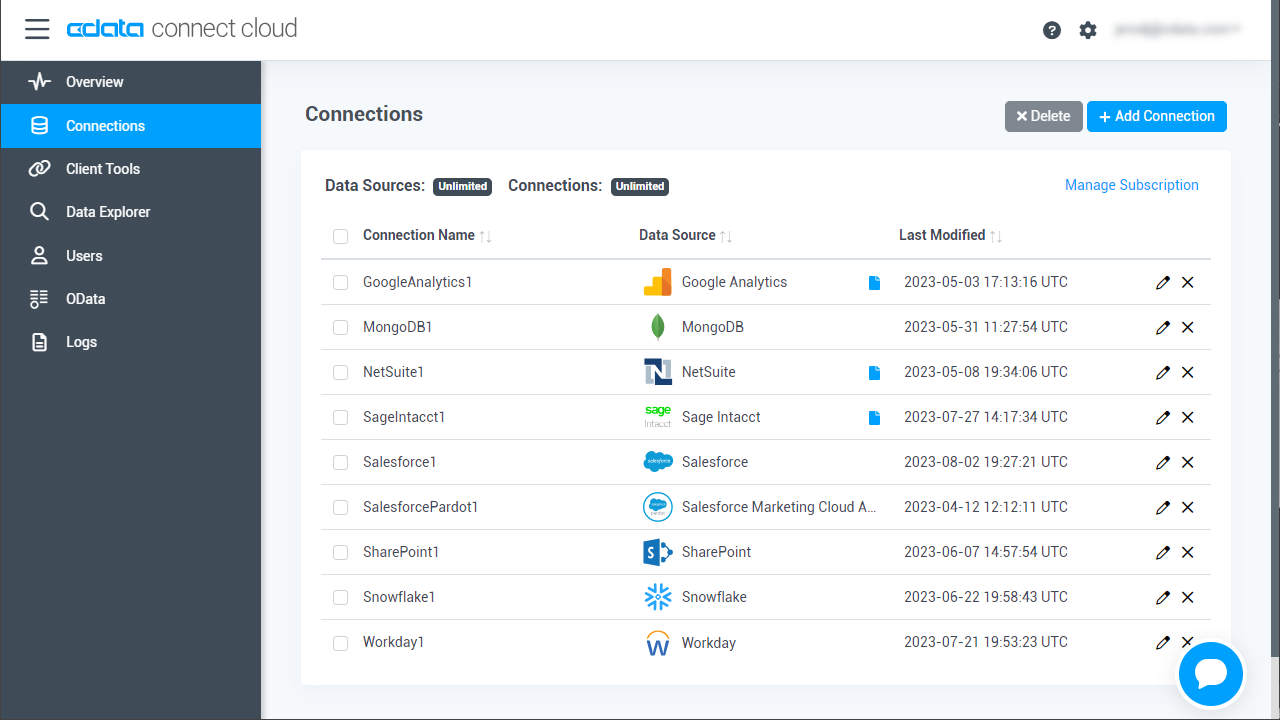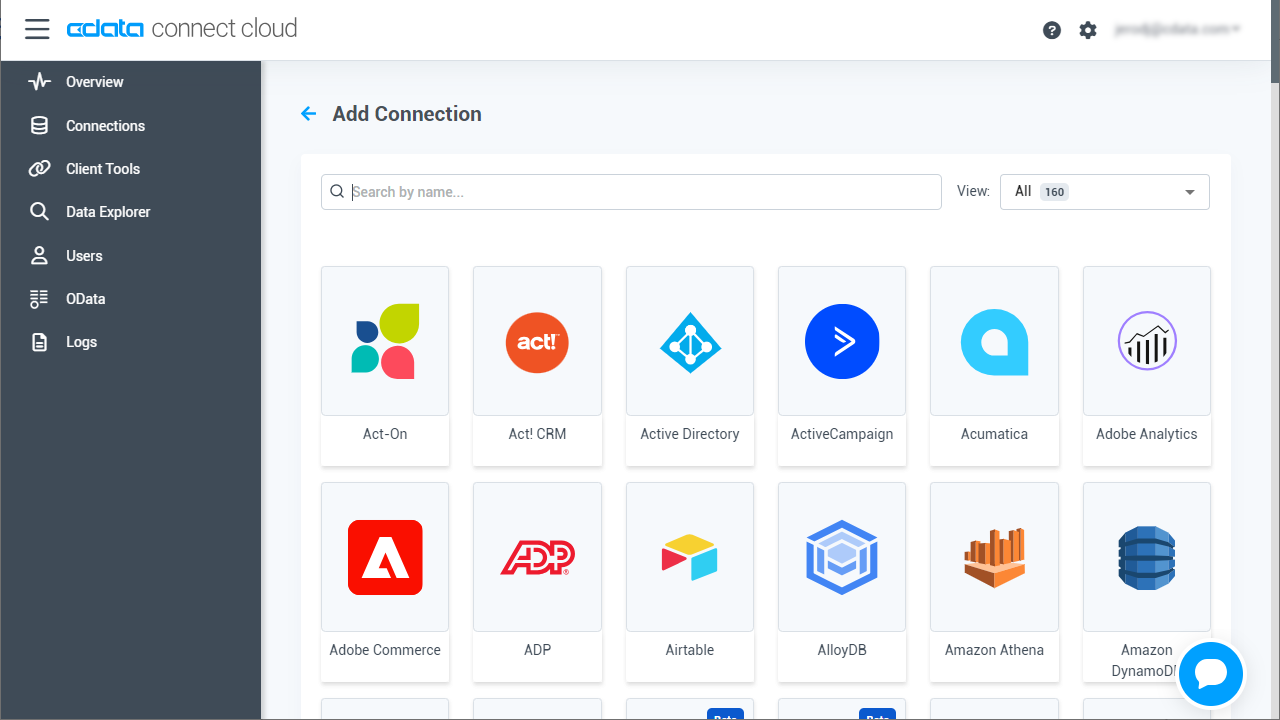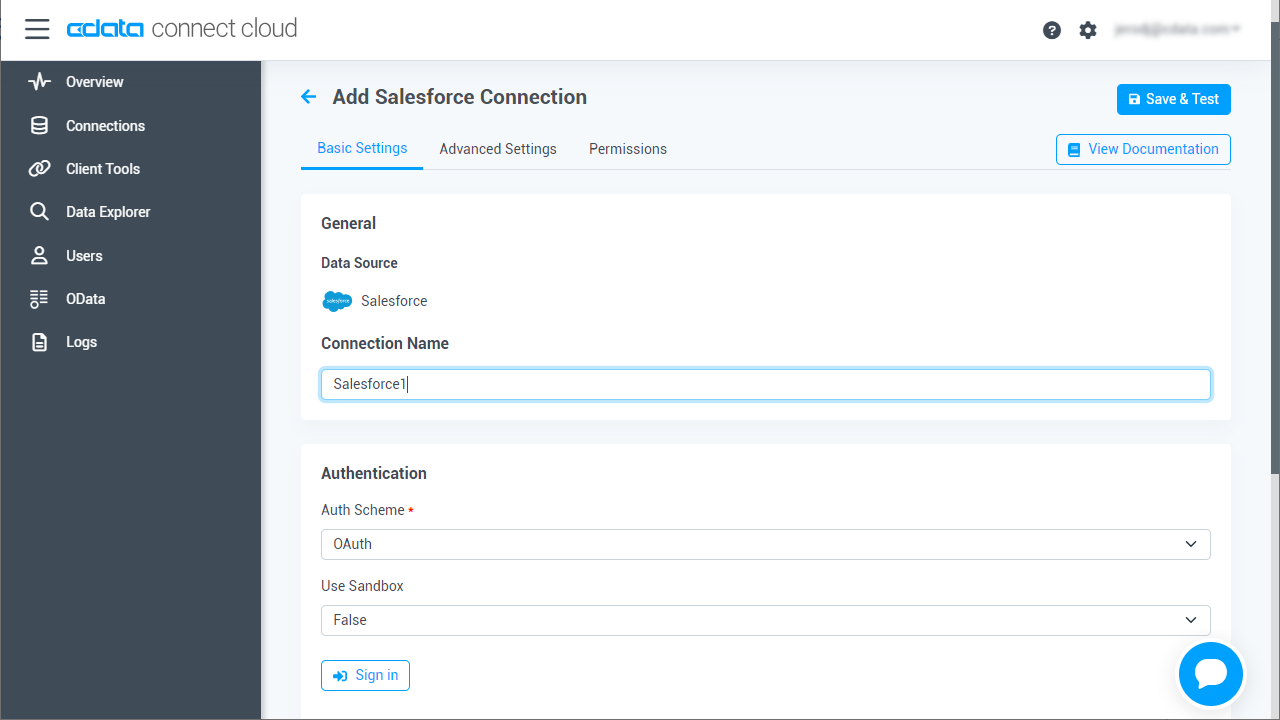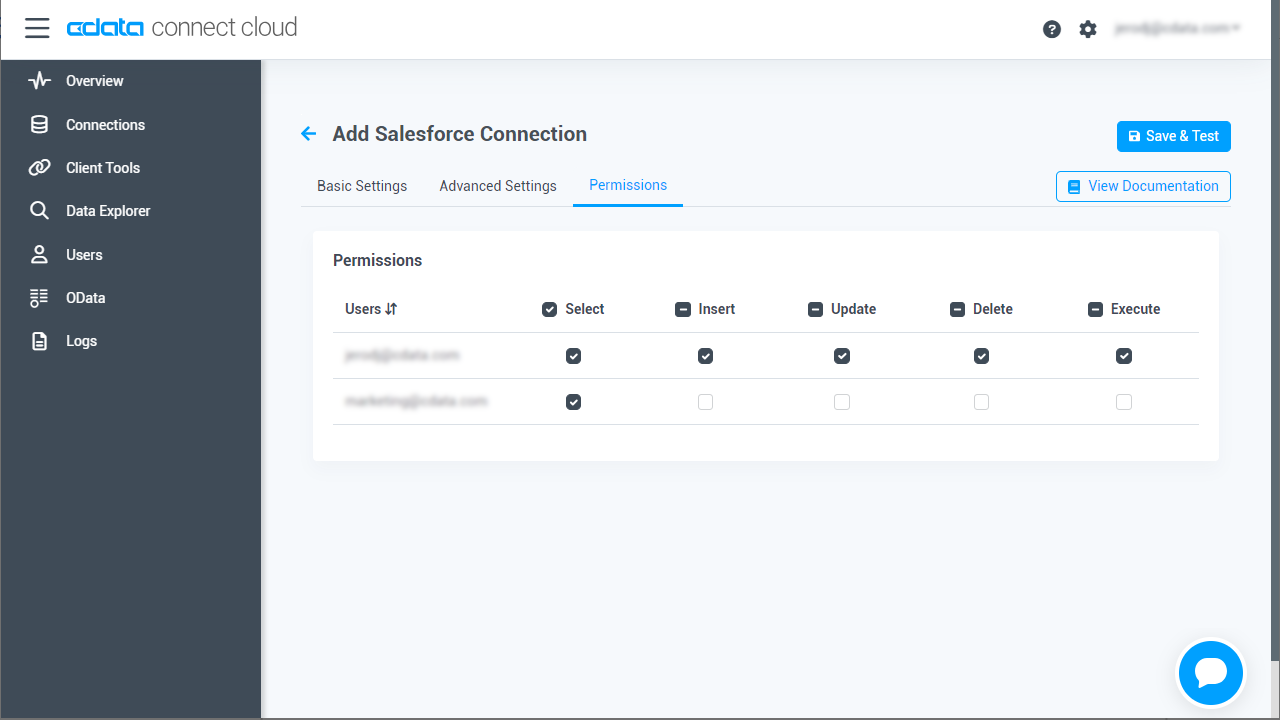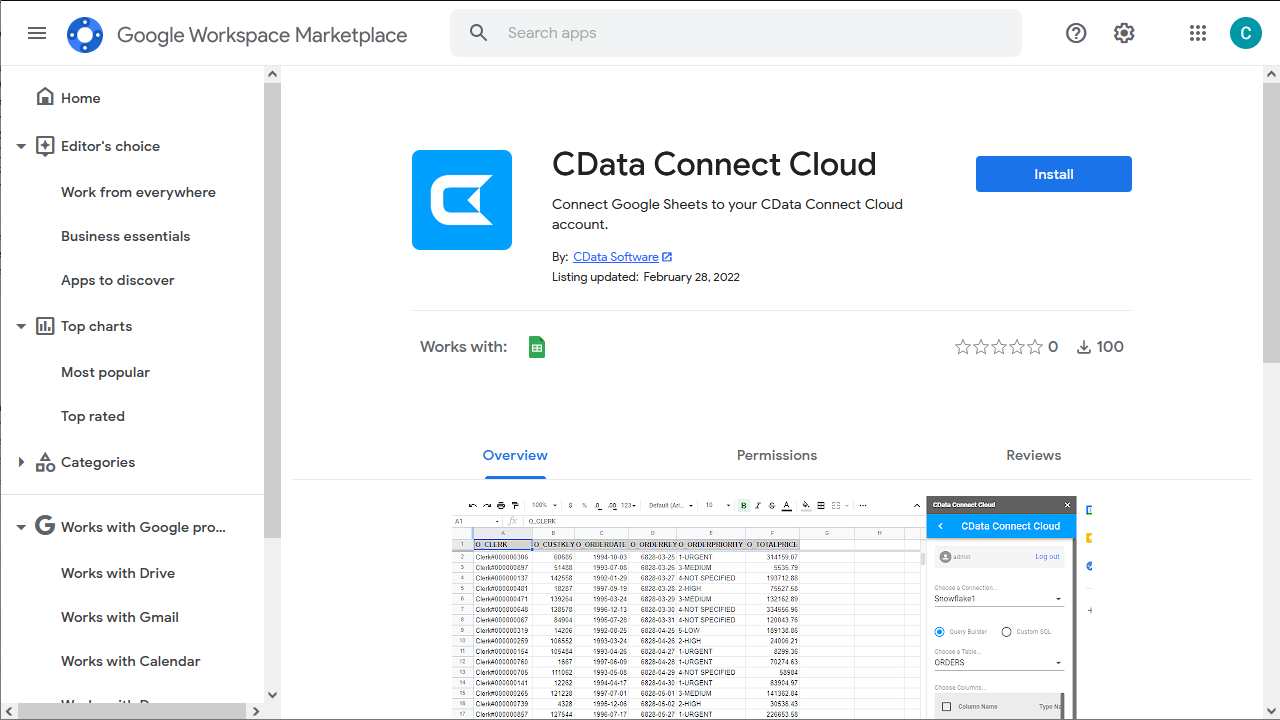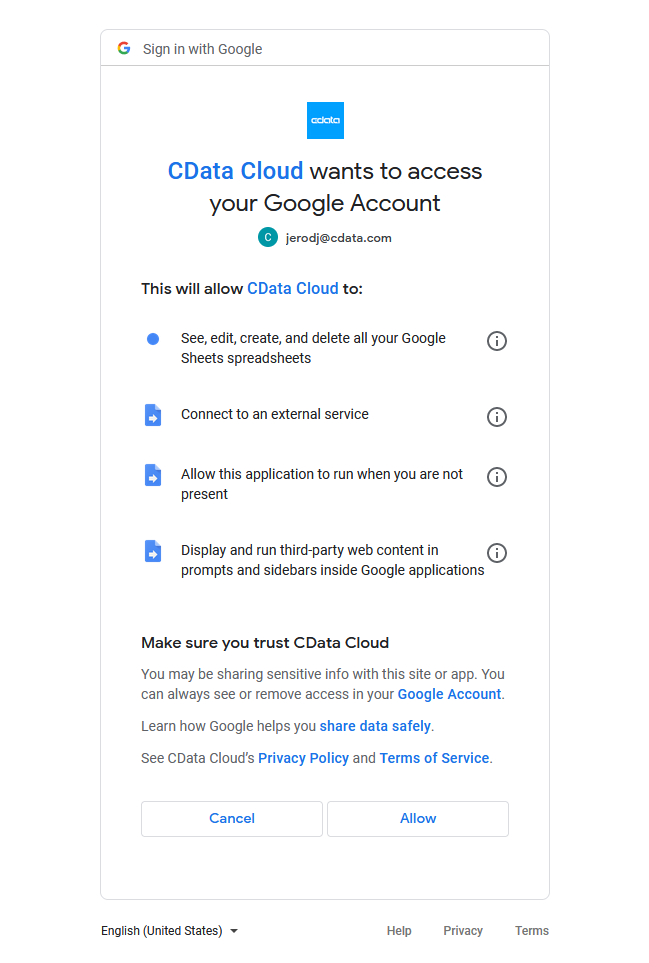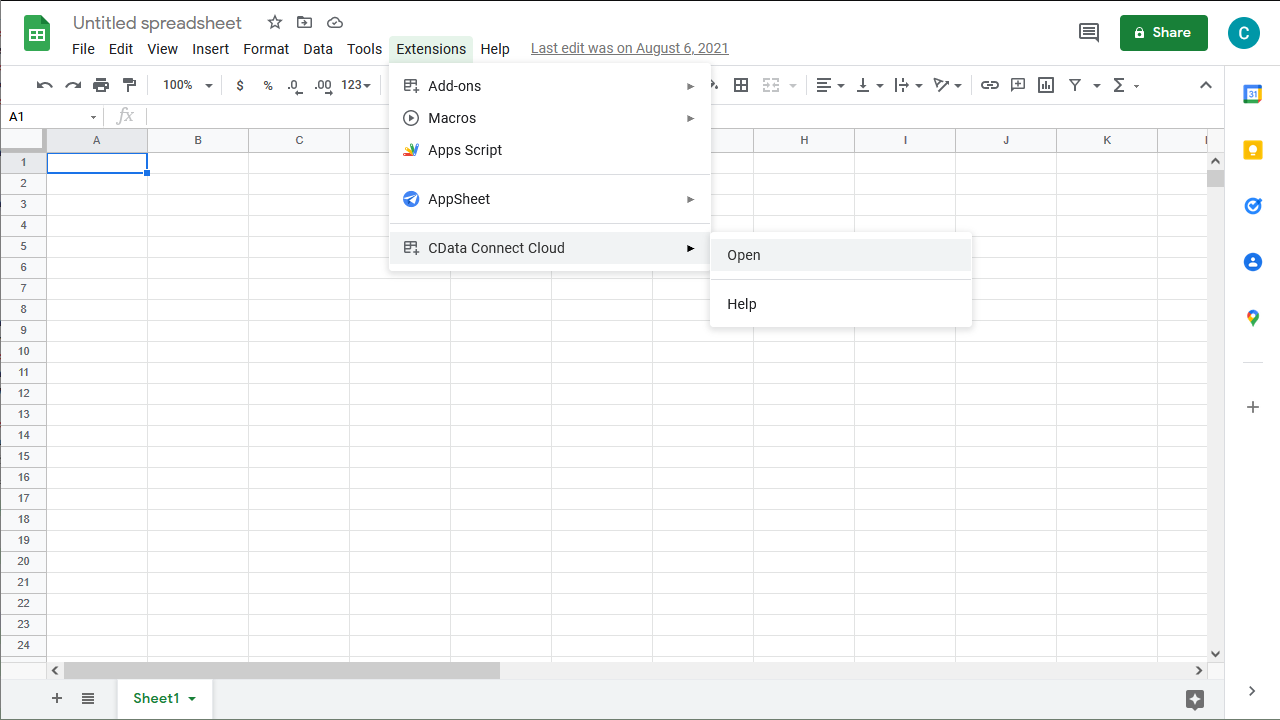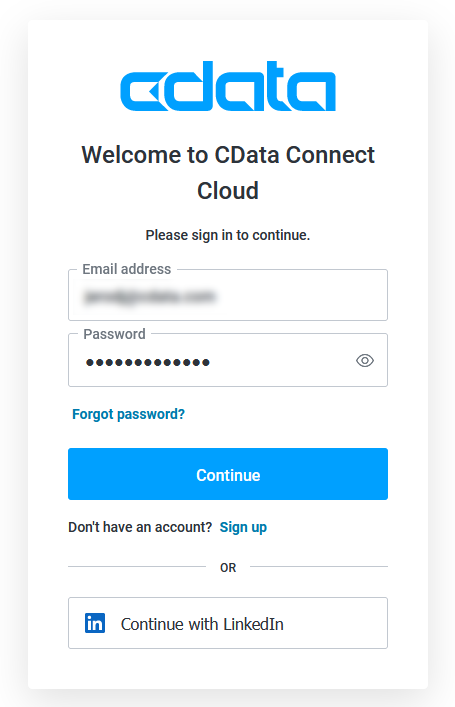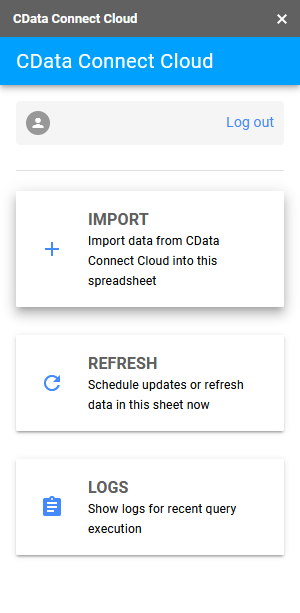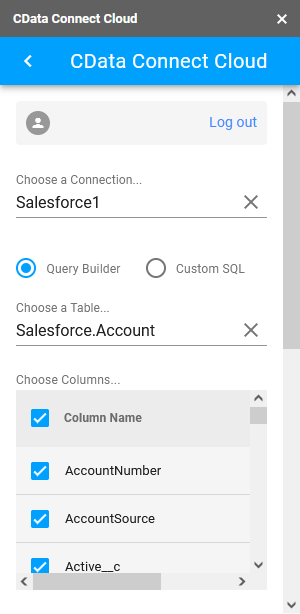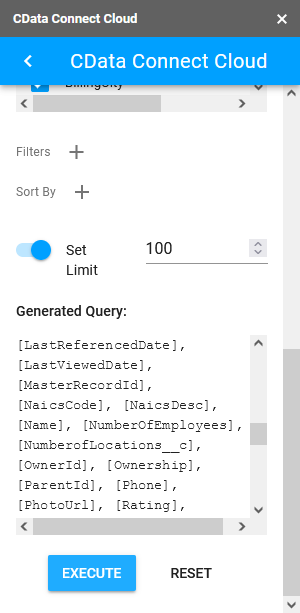Discover how a bimodal integration strategy can address the major data management challenges facing your organization today.
Get the Report →Access Live Azure Synapse Data in Google Sheets
Use CData Connect Cloud to gain access to live Azure Synapse data from your Google Sheets.
Google Sheets is a web-based spreadsheet program provided by Google. When integrated with CData Connect Cloud, you can effortlessly gain access to Azure Synapse data directly within Google Sheets for tasks such as data analysis, collaboration, calculations, and more. This article offers a comprehensive guide on connecting to Azure Synapse within your Connect Cloud instance and accessing live Azure Synapse data seamlessly within Google Sheets.
CData Connect Cloud offers a seamless cloud-to-cloud interface designed for Azure Synapse, enabling effortless access to live Azure Synapse data directly within Google Sheets. Use the dedicated Connect Cloud Google Sheets Plug-In to connect with live Azure Synapse data. With built-in optimized data processing, CData Connect Cloud efficiently channels all supported query operations, including filters, JOINs, and more, directly to Azure Synapse. This leverages server-side processing to promptly retrieve the desired Azure Synapse data.
This setup requires a CData Connect Cloud instance and the CData Connect Cloud Add-On for Google Sheets. To get started, sign up a free trial of Connect Cloud and install the free Connect Cloud Google Sheets Add-On.
Configure Azure Synapse Connectivity for Google Sheets
Connectivity to Azure Synapse from Google Sheets is made possible through CData Connect Cloud. To work with Azure Synapse data from Google Sheets, we start by creating and configuring a Azure Synapse connection.
- Log into Connect Cloud, click Connections and click Add Connection
![Adding a Connection]()
- Select "Azure Synapse" from the Add Connection panel
![Selecting a data source]()
-
Enter the necessary authentication properties to connect to Azure Synapse.
Connecting to Azure Synapse
In addition to providing authentication (see below), set the following properties to connect to a Azure Synapse database:
- Server: The server running Azure. You can find this by logging into the Azure portal and navigating to Azure Synapse Analytics -> Select your database -> Overview -> Server name.
- Database: The name of the database, as seen in the Azure portal on the Azure Synapse Analytics page.
Authenticating to Azure Synapse
Connect to Azure Synapse using the following properties:
- User: The username provided for authentication with Azure.
- Password: The password associated with the authenticating user.
![Configuring a connection (Salesforce is shown)]()
- Click Create & Test
- Navigate to the Permissions tab in the Add Azure Synapse Connection page and update the User-based permissions.
![Updating permissions]()
With the connection configured, you are ready to connect to Azure Synapse data from Google Sheets.
Access Live Azure Synapse Data from Google Sheets
The steps below outline connecting to CData Connect Cloud from Google Sheets to access live Azure Synapse data.
- Log into Google Sheets, create a new sheet (or open an existing one).
- Click Add-ons and click Get Add-ons (if you have already installed the Add-on, jump to step 5).
- Search for CData Connect Cloud Add-On and install the Add-on.
![Install the Add-On]()
- Authorize the Add-On.
![Authorize the Add-On]()
- Back in Google Sheets, click Add-ons and open the CData Connect Cloud Add-On.
![Opening the Add-On]()
- In the Add-On panel, click Authorize to authenticate with your CData Connect Cloud instance
![Authenticating with CData Connect Cloud]()
- In the CData Connect Cloud panel in Google Sheets, click Import
![CData Connect Cloud panel in Google Sheets]()
- Choose a Connection (e.g. AzureSynapse1), Table (e.g. Products, and Columns to import
![Cheesing a Connection, Table, and Columns]()
- Optionally add Filters, Sorting, and a Limit
![Filters, Sorting, Limits]()
- Click Execute to import the data
Live Access to Azure Synapse Data from Cloud Applications
New, you have a direct, cloud-to-cloud connection to live Azure Synapse data from your Google Sheets workbook. You can add more data to your workbook for calculations, aggregations, collaboration, and more.
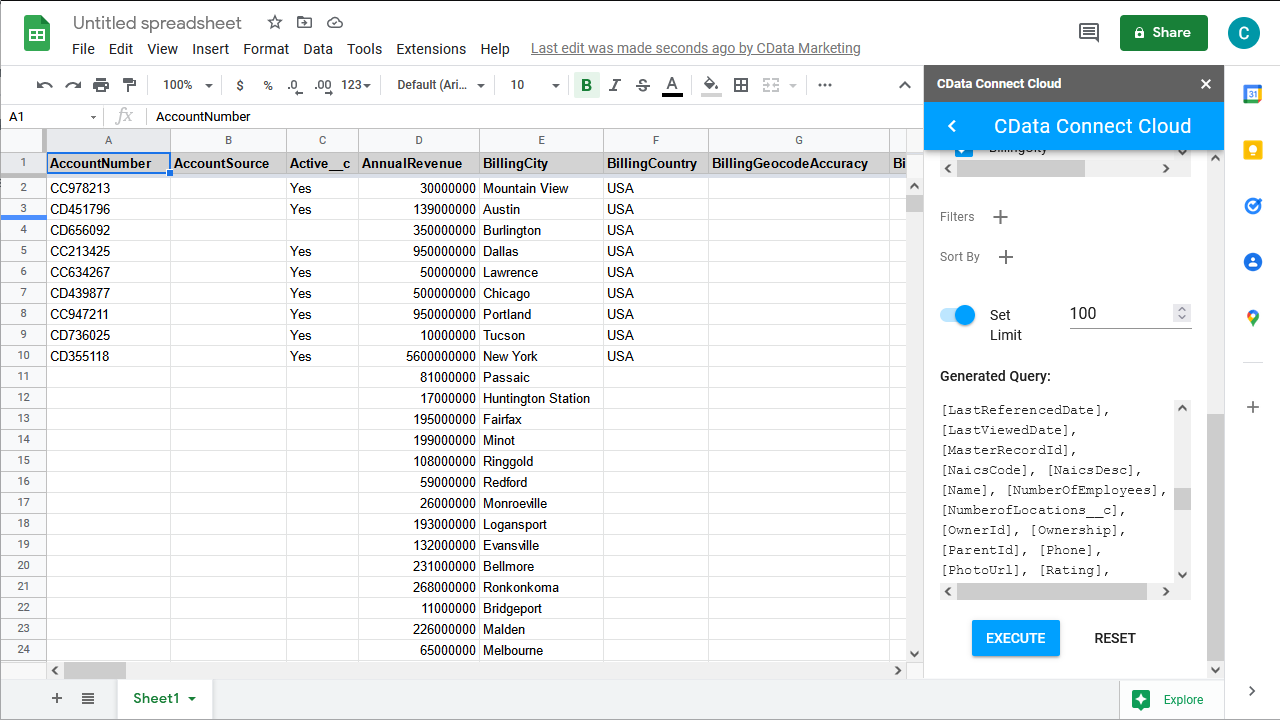
Try CData Connect Cloud and get real-time data access to 100+ SaaS, Big Data, and NoSQL sources directly from your cloud applications.






